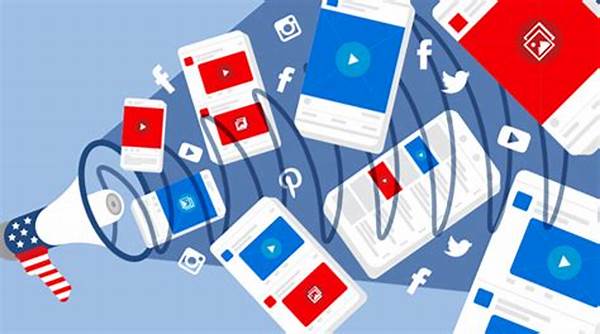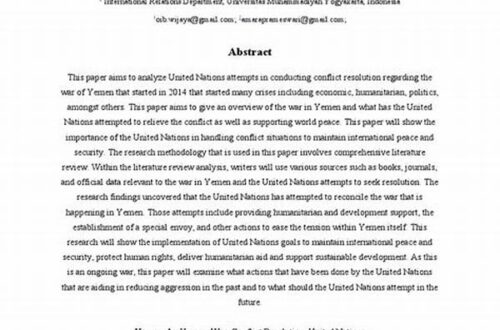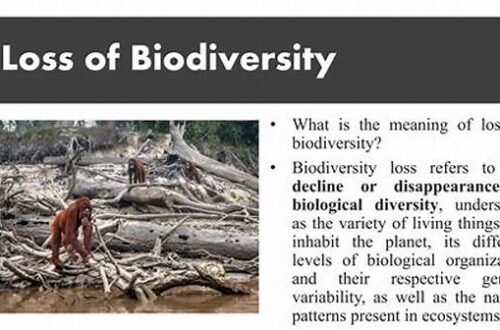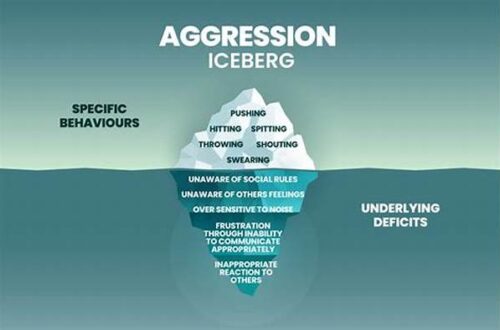The Influence of Social Media in Modern Mobilization
In recent years, social media has emerged as a formidable force for mobilization, influencing various sectors of society. As a mobilization tool, its importance cannot be overstated. Social media platforms have transcended traditional means of communication, enabling the rapid dissemination of information across vast geographical areas. This ability to reach a global audience instantaneously has empowered countless movements and initiatives, facilitating both local and international collaborations. The speed and efficiency of these platforms make them instrumental in organizing events, coordinating efforts, and rallying support for various causes. Indeed, social media as a mobilization tool offers unprecedented opportunities for grassroots organizations, social movements, and individuals seeking to effect change.
The advent of social media has not only democratized information sharing but also allowed marginalized voices to gain visibility and support. As a mobilization tool, it has been pivotal in amplifying calls for justice, equality, and reform. Through strategic hashtags, viral campaigns, and live streaming, activists and organizations can spark conversations and drive action on pressing social issues. Moreover, the interactive nature of social media platforms fosters engagement and dialogue, creating a sense of community among users who are passionate about similar causes. This connectivity enhances the collective power of individuals, enabling them to push for societal transformation more effectively than ever before.
Despite the manifold advantages, the use of social media as a mobilization tool is not without its challenges. Issues pertaining to misinformation, privacy concerns, and the digital divide can impede its potential effectiveness. Nevertheless, the benefits it offers in mobilizing people towards a common goal are significant, warranting a balanced examination of its role in shaping contemporary society. As the digital landscape continues to evolve, social media’s influence as a mobilization tool will undoubtedly grow, necessitating a nuanced understanding of its dynamics and implications.
Challenges and Opportunities
1. Expanding Reach: Social media as a mobilization tool broadens outreach by connecting individuals globally, enhancing their ability to gather support and spread awareness on various issues.
2. Interactive Engagement: Platforms facilitate two-way communication, allowing users to engage actively with campaigns, fostering a deeper sense of involvement and commitment to causes.
3. Amplification of Voices: Social media amplifies marginalized voices that might otherwise be unheard, providing them with a platform to share their narratives and advocate for change.
4. Swift Response: The immediacy of social media enables rapid responses to crises, allowing organizations to mobilize resources and support in real-time.
5. Digital Divide: Despite its advantages, social media as a mobilization tool faces the challenge of the digital divide, limiting its effectiveness in regions with inadequate internet access.
Social Media’s Role in Political Mobilization
The role of social media in political mobilization has redefined the landscape of political campaigns and participation. As a mobilization tool, it facilitates direct communication between political figures and the electorate, eschewing intermediaries and traditional media channels. This direct engagement promotes transparency and accountability, allowing voters to make informed decisions based on unfiltered information. Political parties and candidates leverage social media to disseminate policy platforms, mobilize voter turnout, and engage with constituents in real-time discussions.
Moreover, social media as a mobilization tool empowers grassroots political movements by providing an inexpensive and accessible platform for organizing and coordinating efforts. Activists and community leaders use social media to promote awareness on political issues, launch advocacy campaigns, and rally individuals to participate in demonstrations and events. This capability to mobilize individuals on a large scale has been instrumental in many recent social and political movements, highlighting the transformative potential of social media in fostering democratic participation and activism.
Leveraging Social Media for Advocacy
In the realm of advocacy, social media as a mobilization tool presents numerous opportunities for effecting change. It serves as a catalyst for raising awareness, fostering discussions, and inspiring action on various social, environmental, and economic issues. By utilizing impactful storytelling and compelling visuals, advocacy groups can capture the attention of a wider audience, garnering support and resources for their initiatives. The viral nature of social media content amplifies these efforts, enabling campaigns to achieve greater visibility and impact.
1. Visibility and Awareness: Advocacy groups utilize social media to enhance visibility and raise awareness about their causes, reaching a larger and more diverse audience.
2. Call to Action: Through strategic messaging, social media as a mobilization tool effectively calls individuals to action, encouraging participation in campaigns and events.
3. Resource Mobilization: Social media platforms facilitate fundraising efforts by enabling advocates to solicit donations and resources from a global audience.
4. Influencer Partnerships: Collaborations with influencers on social media extend the reach of advocacy campaigns, leveraging their followings to gain additional support.
5. Network Building: Social media fosters the creation of networks and alliances among like-minded individuals and organizations, strengthening advocacy efforts.
6. Real-Time Updates: Advocacy groups can provide real-time updates on social media, keeping their supporters informed and engaged with ongoing campaigns.
7. Data-Driven Insights: Analytics tools on social media platforms yield valuable insights into audience demographics and engagement, informing strategic decision-making.
8. Empowering Storytelling: Personal stories shared on social media humanize advocacy efforts, allowing audiences to connect on an emotional level with the cause.
9. Campaign Longevity: Sustained engagement on social media ensures the longevity of advocacy campaigns, keeping them relevant and top-of-mind.
10. Cross-Platform Synergy: Harmonizing efforts across multiple social media platforms optimizes reach and engagement, amplifying the impact of advocacy initiatives.
Social Media and Community Organizing
In the context of community organizing, social media as a mobilization tool has proven to be invaluable. It enables community leaders and organizers to engage with residents, disseminate information, and coordinate collective actions efficiently. The accessibility of social media platforms ensures that pertinent information reaches a broad audience swiftly, facilitating the organization of community events, meetings, and initiatives. Furthermore, the interactive nature of these platforms allows for real-time feedback and discussions, promoting inclusive decision-making processes that reflect the community’s diverse perspectives and needs.
Social media’s role in community organizing extends beyond information dissemination to nurturing a sense of belonging and solidarity among community members. By fostering online communities centered around shared interests or local issues, social media platforms help cultivate a sense of unity and mutual support. This digital engagement complements traditional grassroots organizing efforts, reinforcing the cohesiveness and resilience of communities. As communities continue to navigate contemporary challenges, social media as a mobilization tool will remain an essential component of their organizing strategies.
Evaluating the Impact of Social Media in Mobilization
Despite the apparent benefits of using social media as a mobilization tool, evaluating its impact requires careful consideration of various factors. The effectiveness of social media initiatives is often contingent on the ability to engage audiences meaningfully and sustain their interest over time. This necessitates a strategic approach to content creation, ensuring that messages are both compelling and informative. Additionally, assessing the impact of social media mobilization involves measuring key performance indicators such as engagement rates, reach, and conversion metrics.
Moreover, it is essential to acknowledge the potential limitations and risks associated with social media use. The proliferation of misinformation, echo chambers, and online harassment can undermine the positive outcomes of mobilization efforts. Therefore, it is crucial for organizations and individuals to prioritize digital literacy and ethical practices when leveraging social media as a mobilization tool. By adopting a balanced and informed perspective, stakeholders can optimize the benefits while mitigating the challenges inherent in digital mobilization.
Conclusion: The Future of Social Media as a Mobilization Tool
In conclusion, the role of social media as a mobilization tool continues to evolve, offering new possibilities and challenges in equal measure. Its capacity to connect people, amplify voices, and facilitate collective action underscores its significance in modern society. As technological advancements reshape the digital landscape, social media’s influence in mobilizing communities, advocating for change, and driving political engagement will undoubtedly intensify.
To harness the full potential of social media as a mobilization tool, it is imperative for stakeholders to adopt strategic approaches that prioritize authenticity, inclusivity, and ethical considerations. By fostering an environment of respect and collaboration, social media can serve as a powerful catalyst for positive societal transformation. As we navigate the complexities of the digital age, the sustained impact of social media as a mobilization tool lies in our ability to leverage its capabilities responsibly and with purpose.





